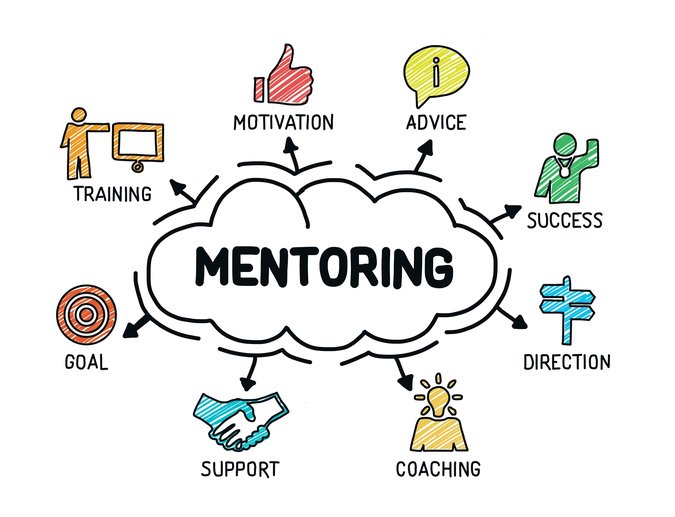Mentorship Goals
Kindly borrowed from Activepeers.com
Mentoring is one of my favorite parts of this career and I accept a wide range of trainees from high school students learning blood assays for the first time to senior medical fellows questioning the management of complex endocrine pathology.
Our members leave the lab with a broad array of clinically relevant skills including a practical understanding of blood analyte testing methods, histology preparation and pathologic examination, whole body physiologic assessments of glucose and lipid homeostasis, rigorous clinical trial design methods, and a thorough understanding of endocrine feedback loops, cell signaling pathways, and traditional molecular biology. All trainees as taught the principles of Rigor & Reproducibility and Responsible Conduct of Research.
Each mentee gets a personalized career development plan including an expected timeline of milestones to facilitate an efficient training period. My goal is to ensure your success in whatever field you wish to enter (science, medicine, industry, consulting, etc). Academia is not for everyone. We collaborate extensively with startups, biotechs, and Big Pharma. If that is your goal, we will get you there.
My mentors taught me to nurture relationships and create a comfortable work environment. I aim to accomplish these goals by normalizing mistakes and failure, discouraging competition, and helping lab members navigate conflicts in healthy ways. I recommend a 40-hour work week, regular exercise, and mandatory vacation. I regularly monitor for burnout, depression, and financial stress. Lab members can always speak with me about harassment, bullying, sexual misconduct, race, and racism at work or home. I have no tolerance for prejudice, hatred, or violence in any context.
My lab is a melting pot of culturally diverse individuals, and I am committed to supporting trainees from underrepresented backgrounds, including those with a disability and/or from disadvantaged backgrounds. In this regard, I am the faculty advisor of the Association of Diverse Physician-Scientists in Training (ADePT), which is an organization within the MD-PhD Program for students from backgrounds traditionally underrepresented in science and medicine with the goal of encouraging and facilitating community-building, advocacy, and mentorship. I am also a small group leader within the Diversity Cascade Program where teams of underrepresented minority faculty, alumni, fellows, residents, postdocs, and medical students meet for mentoring up and down the training “cascade.”

